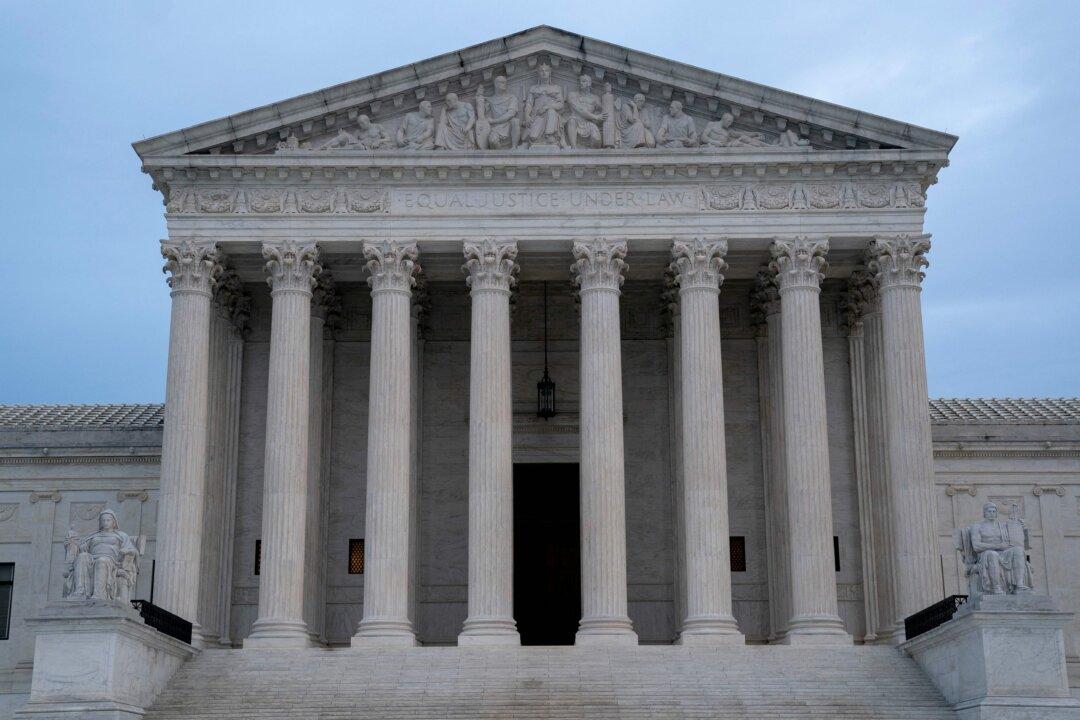The Supreme Court has agreed to hear a whistleblower-initiated case that pharmacy operators SuperValu and Safeway submitted false Medicare and Medicaid reimbursement claims for prescription drugs.
The case is considered to be important because it could affect the government’s ability to crack down on health care fraud.





